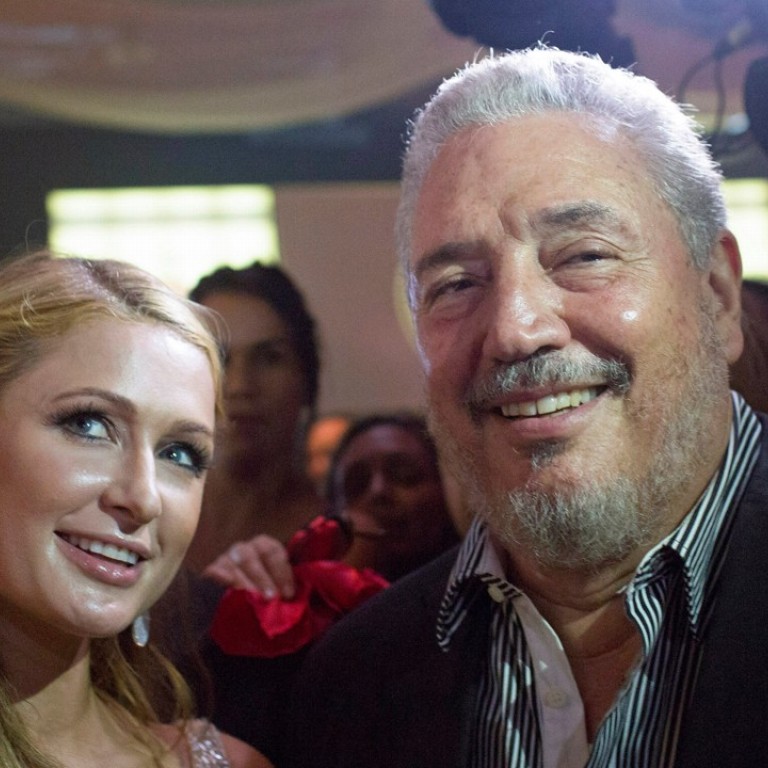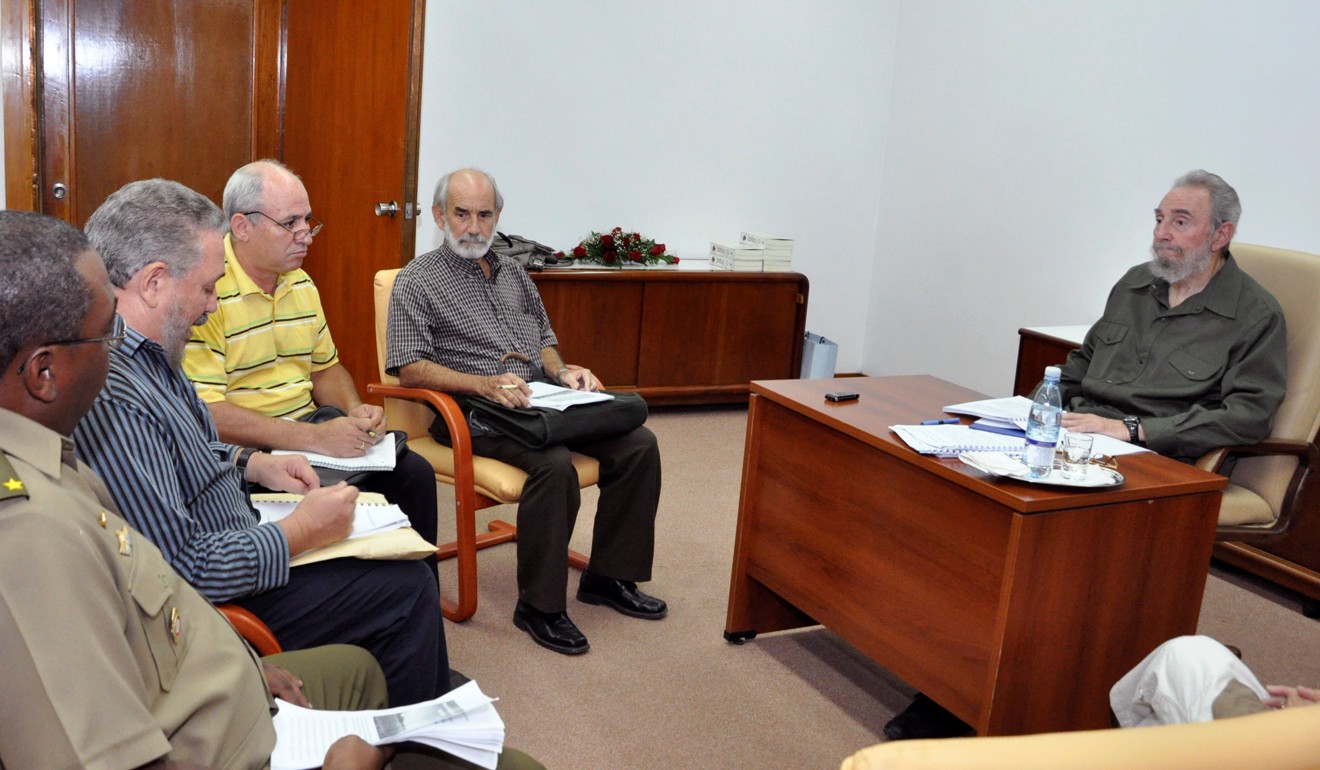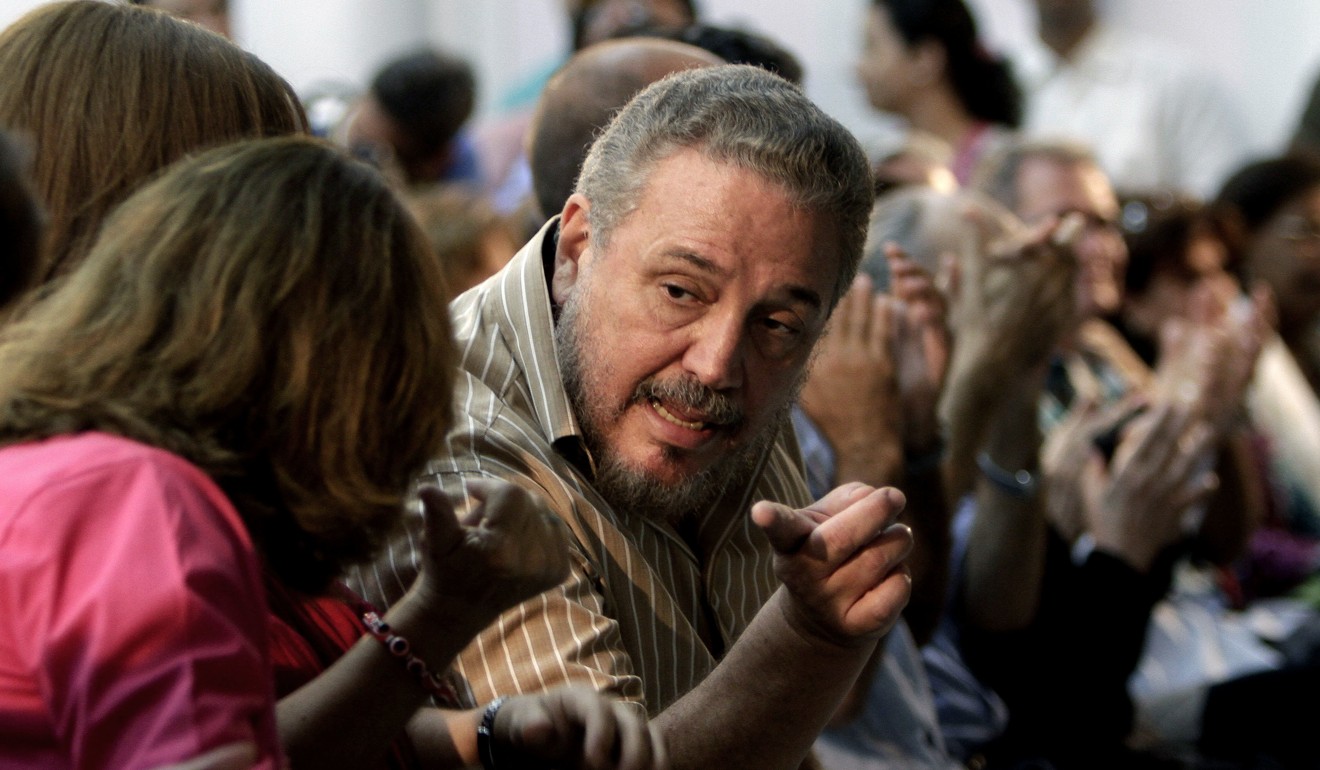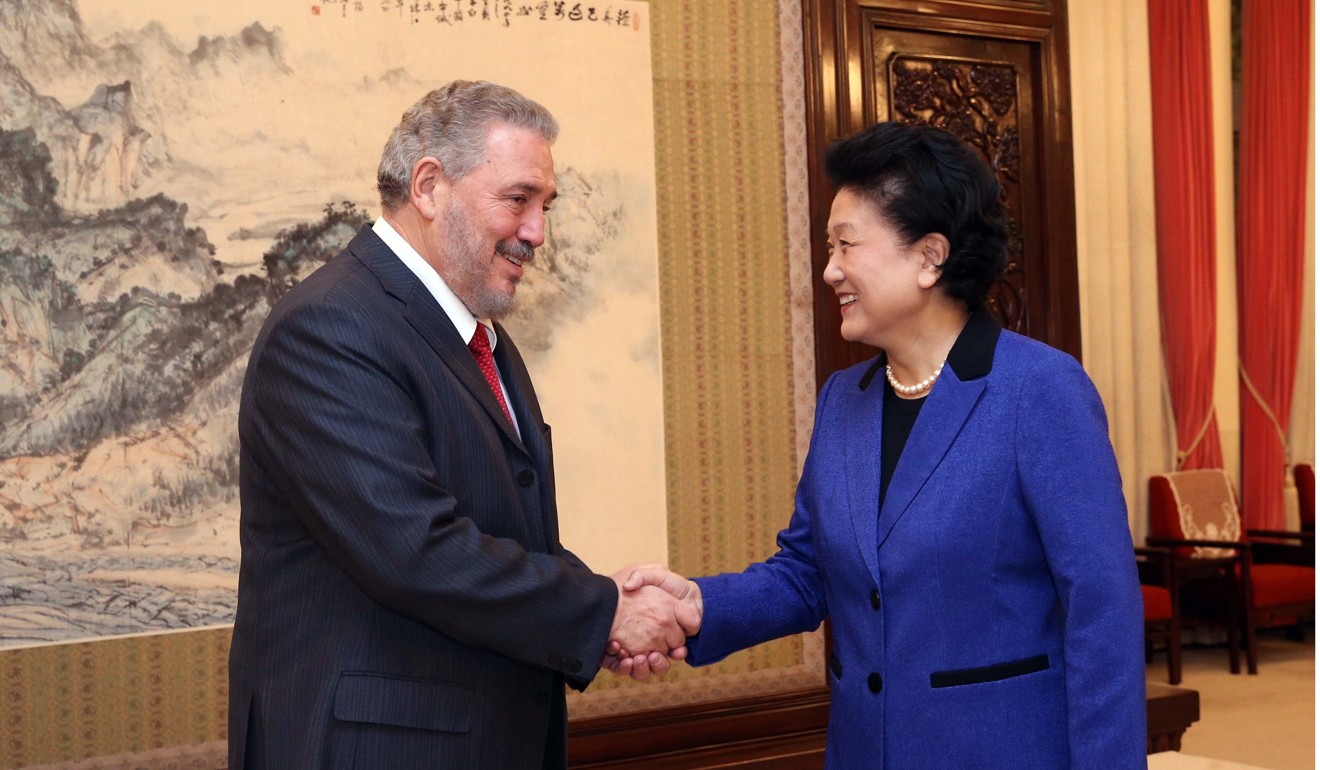
Fidel Castro’s eldest son, nuclear scientist ‘Fidelito’ Castro Diaz-Balart, commits suicide
State media says the 68-year-old multilingual atomic expert, who was the subject of a childhood custody battle, had been battling depression
The eldest son of late Cuban revolutionary leader Fidel Castro, Fidel Castro Diaz-Balart, committed suicide on Thursday aged 68 after being treated for months for depression, Cuban state-run media reported.
The nuclear scientist, also known as “Fidelito”, or Little Fidel, because of how much he looked like his father, had initially been hospitalised and then continued treatment as an outpatient.
“Castro Diaz-Balart, who had been attended by a group of doctors for several months due to a state of profound depression, committed suicide this morning,” the official Cubadebate website said.

Through his mother, he was the cousin of some of Castro’s most bitter enemies in the Cuban American exile community, US Representative Mario Diaz-Balart and former US congressman Lincoln Diaz-Balart.
He was also the subject of a dramatic custody dispute between the two families as a child.
Cuba scholars say his mother took him with her to the United States when he was aged five after announcing she wanted a divorce from Castro, while he was imprisoned for an attack on the Moncada military barracks in Santiago.
Castro was able to bring Fidelito back to Cuba after the 1959 revolution.


Cuba halted its plant plans that same year because of a lack of funding after the collapse of Cuba’s trade and aid ties with the ex-Soviet bloc and Castro Diaz-Balart largely disappeared from public view appearing at the occasional scientific conference or diplomatic event.
A former British ambassador to Cuba, Paul Hare, who lectures at Boston University’s Pardee School of Global Studies, said he had seemed “thoughtful, rather curious about the world beyond Cuba” at a dinner in Boston two years ago.
“But he seemed a bit weary about having to be a Castro, rather than himself,” Hare said.
Jonathan Benjamin-Alvarado, a Cuba expert at the University of Nebraska in Omaha, said Fidelito had provided him with invaluable help in the 1990s while he was writing a book on Cuba’s nuclear programme.
In 2000 they met again at a conference in Moscow and Fidelito worked “the room full of international non-proliferation experts, diplomats and journalists with aplomb, speaking no less than 4 languages -Spanish, English, Russian and French.”
His death came just over a year after that of his father on November 25, 2016, aged 90.

